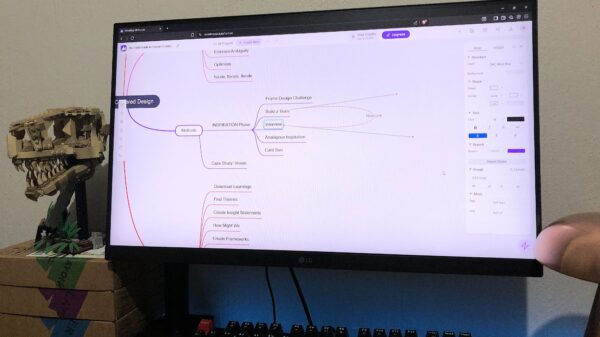UPDATE: Major remote work companies like Dropbox and Atlassian are experiencing an unprecedented surge in job applications as traditional firms enforce return-to-office (RTO) policies. This shift is creating a significant talent drain, with remote companies reaping the benefits in a tight job market.
New reports reveal that in the U.S. during September 2023, approximately 8% of paid job postings on LinkedIn offered remote work but attracted a staggering 35% of applications. The influx is evident at Primer, where a recent remote job listing garnered 1,200 applicants in just two weeks.
According to Alex Bouaziz, CEO of Deel, “A lot of the companies going back to the office are leaking talent to us, whether or not they want to admit it.” This talent migration underscores a growing divide in work preferences, as more employees seek flexible work arrangements amid sluggish hiring in sectors like tech.
Data from Gallup shows that the proportion of U.S. workers engaged in fully remote or fully in-office roles has increased by two percentage points in recent quarters. As companies like Amazon, Google, and JPMorgan push for increased in-office attendance citing collaboration needs, remote-first companies are positioned to attract top talent by promoting flexibility and autonomy.
At Dropbox, the company’s “virtual-first” model has led to nearly seven times more job applicants per position compared to pre-2021 levels. More than 80% of applicants have accepted offers, marking the lowest attrition rate in its history, as reported by Melanie Rosenwasser, Dropbox’s Chief People Officer.
Meanwhile, Matt Martin, co-founder of Clockwise, emphasized that remote work not only drives recruitment but also enhances retention. He noted that while both in-person and remote work have their merits, RTO policies restrict access to a wider talent pool.
Companies like Primer leverage their remote structure to tap into diverse talent pools, including candidates in rural areas and those with caregiving responsibilities. “It’s massively a competitive advantage,” stated Caitriona Staunton, Primer’s VP of People.
Atlassian, with its global workforce of 13,000, has also seen a doubling of job applicants since adopting its work-from-anywhere policy in 2020. Approximately 90% of its employees report that flexibility is crucial for their productivity and job satisfaction.
To maintain team cohesion, many remote companies are innovating traditional work models. For instance, Toptal hosts quarterly in-person team gatherings, while Zapier brings its workforce together annually for project-focused retreats. Primer even offers team-funded “workcations” to enhance strategy planning and team bonding.
The transition to remote work is not just a fleeting trend but a major cultural shift in the way companies operate. As more organizations embrace flexibility as a core value, the competitive landscape for talent is changing dramatically.
As the demand for remote work continues to rise, experts urge job seekers to act quickly. The landscape is shifting, and those who adapt will likely find themselves at a distinct advantage in the evolving job market.
Stay tuned for more updates on this developing story as the impact of remote work continues to reshape the employment landscape.





































































